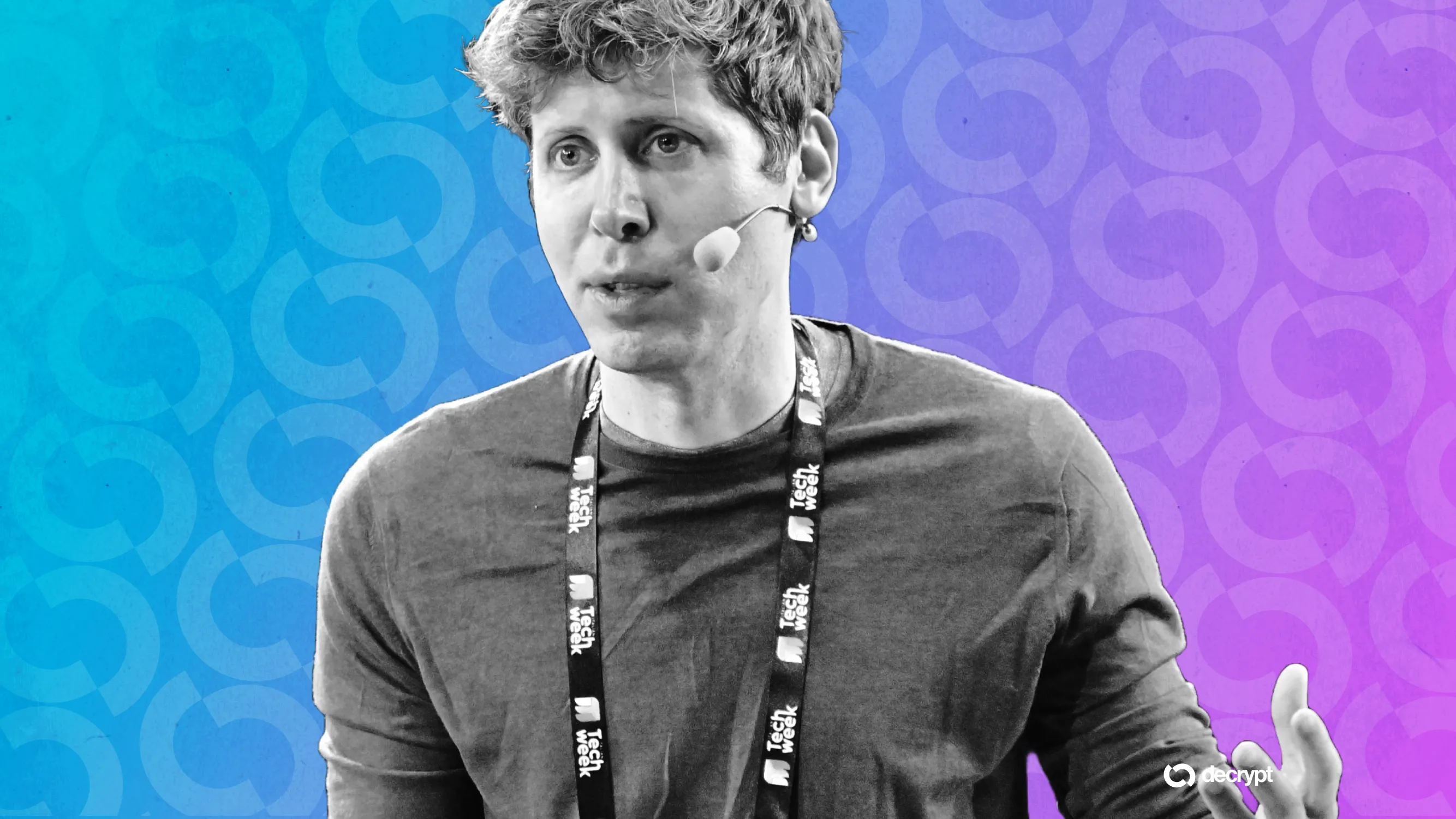In brief
- OpenAI unveiled a public-sector initiative and a $200 million contract with the Department of Defense.
- The OpenAI for Government aims to utilize AI for non-combat tasks, such as enhancing healthcare and analyzing defense data.
- It follows OpenAI’s quiet policy shift that opened the door to military applications.
ChatGPT developer OpenAI launched a new division on Monday to further integrate its artificial intelligence tools into U.S. government operations—and it’s starting with a $200 million pilot contract with the U.S. Department of Defense.
Musk’s xAI was left behind, which is not surprising given the spectacular blowup the richest man in the world had with President Donald Trump earlier this month.
The new federal initiative, dubbed OpenAI for Government, consolidates the company’s existing public-sector projects under one umbrella and expands access to its most advanced models.
“Across these efforts, we’re aiming to improve both the day-to-day experience of public service and to help government employees feel more empowered, more efficient, and more supported in their critical missions,” OpenAI said in a statement.
According to OpenAI, the Department of Defense pilot, awarded through its Chief Digital and Artificial Intelligence Office, will explore how generative AI can streamline non-combat tasks, declaring “all use cases must be consistent with OpenAI's usage policies and guidelines.”
While OpenAI said the deal aligns with its policy of not allowing its AI tools in military applications, the company faced scrutiny in January 2024 after it quietly removed its prohibition on using ChatGPT for military purposes.
Other federal agencies already collaborating with OpenAI include NASA, the National Institutes of Health, the Department of the Treasury, and the Air Force Research Laboratory.
Additionally, OpenAI models are being deployed at the Los Alamos, Lawrence Livermore, and Sandia National Laboratories.
In January, OpenAI, Oracle, and Japanese conglomerate Softbank joined with the Trump Administration in launching Stargate, a $500 billion private-sector initiative to AI development in the U.S.
It’s not like xAI has been totally shut out of the federal government.
Unnamed sources told Reuters that a customized version of Grok, xAI’s chatbot, was being used to analyze Department of Homeland Security data, “potentially violating conflict-of-interest laws and putting at risk sensitive information on millions of Americans.”
The DHS has denied the allegation.
Edited by Sebastian Sinclair and Josh Quittner

